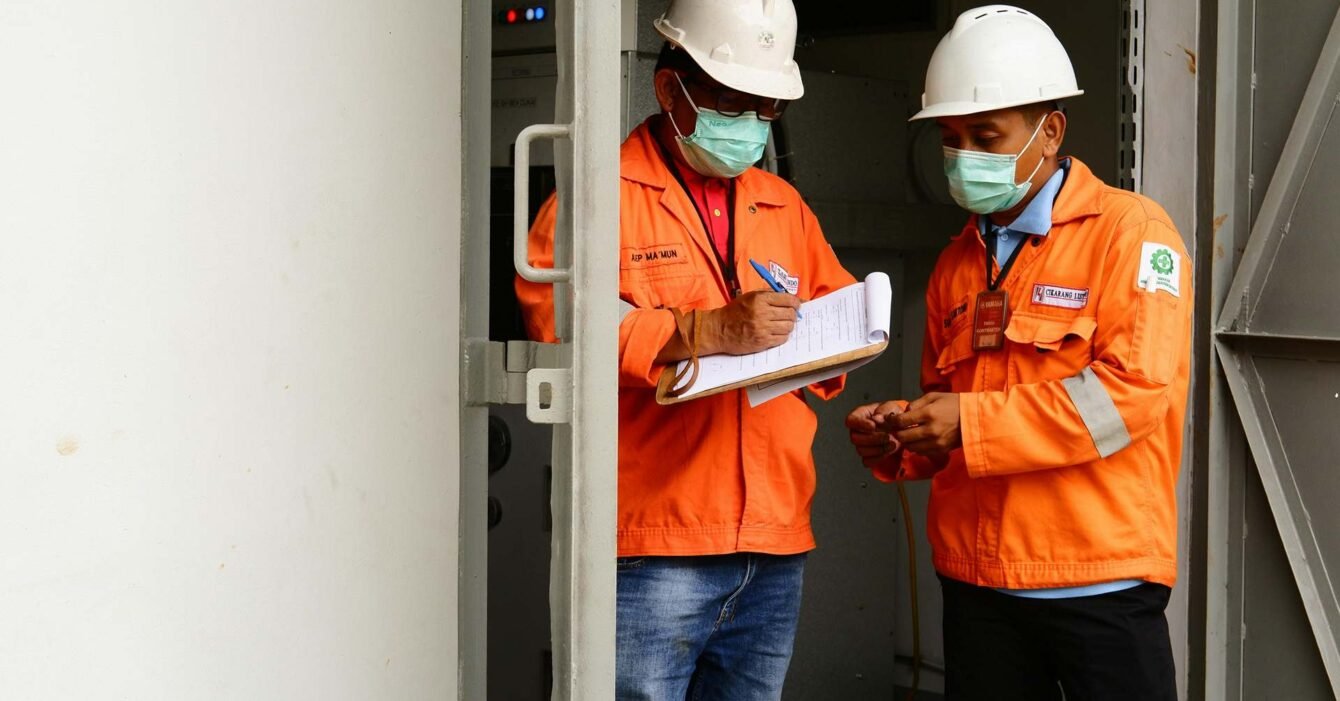Navigating Indonesia’s Energy Landscape: Insights and Analysis
As Indonesia sets ambitious targets for renewable energy adoption, the energy sector is undergoing significant transformations. By 2025, Indonesia aims for renewables to constitute 23% of its total primary energy supply, escalating to 44% by 2030 in its power mix. These initiatives highlight a strategic shift towards sustainability and diversification in the energy market. To navigate this dynamic market, in-depth analysis from experts in the realm of Indonesia Energy Consulting is needed. In this article, we provide insights to introduce you to the market and its potential for growth and innovation.
Understanding Market Dynamics in Indonesia’s Energy Sector
In the realm of Indonesia’s energy market, the landscape is shaped by key players and market dynamics. The state-owned enterprise PLN holds a commanding position, controlling 92% of the electricity supply. Meanwhile, international oil companies (IOCs) lead the charge in oil and gas production, showcasing a diverse array of stakeholders. Interestingly, the coal sector stands out as decentralized, primarily driven by private players. This sector’s dominance is evident, representing 63% of the power mix in 2022 and experiencing a substantial 22-percentage-point increase since 2010, underscoring its resilience and significance in Indonesia’s energy sector evolution.

Challenges and Opportunities in Energy Consumption
While Indonesia faces challenges such as decreased gas exports and a notable 16% increase in energy consumption in 2022, the overall energy outlook remains optimistic. The National Energy Outlook paints a picture of steady growth, with a projected 5% annual increase in energy demand until 2050. These challenges also present opportunities for innovation and sustainability initiatives, driving the country towards a more resilient and diversified energy landscape.
Institutions and Policies Shaping the Future
The Ministry of Energy and Mineral Resources (ESDM) emerges as a key player in shaping Indonesia’s energy future. This institution plays a pivotal role in resource development and regulation, ensuring a balance between economic growth and environmental stewardship. Indonesia’s energy policy focuses on subsidy reforms and sustainable resource management, reflecting a strategic approach towards long-term sustainability and resilience in the energy sector.
Oil Production and Consumption Trends
Oil production witnessed fluctuations, with a notable decline of 18% from 2019 to 2022 due to field depletion and investment challenges. However, consumption per capita continues to rise, indicating a growing demand for energy resources. Total consumption per capita stands at 0.93 toe, reflecting the nation’s growing energy needs. Moreover, electricity consumption per capita surged by nearly 13% in 2023, reaching 1.3 MWh. Total energy consumption witnessed a significant uptick in 2022 (+16% vs 2021) after a decline in 2020 and 2021, indicating a rebound in economic activities. From 2013 to 2019, energy consumption increased at an average rate of 3.4% per year, showcasing a sustained demand for energy resources.
Strategic Consulting for Indonesia’s Energy Market
As Indonesia navigates these shifts, strategic consulting services like Indonesia Energy Consulting become crucial. With expertise in market analysis, regulatory compliance, and sustainability strategies, consulting firms play a vital role in guiding businesses through evolving energy landscapes. Consultants leverage trustful data like The Indonesia Energy Report Market which provides valuable insights into market trends, consumption patterns, and regulatory changes. Leveraging this data empowers businesses to make informed decisions and capitalize on emerging opportunities in Indonesia’s dynamic energy sector.
In conclusion, the energy market in Indonesia presents both challenges and opportunities. Engaging with Indonesia Energy Consulting services is paramount for businesses aiming to thrive in this evolving landscape. By leveraging expertise and strategic insights, businesses can navigate regulatory complexities, optimize operations, and contribute to sustainable energy development in Indonesia.

